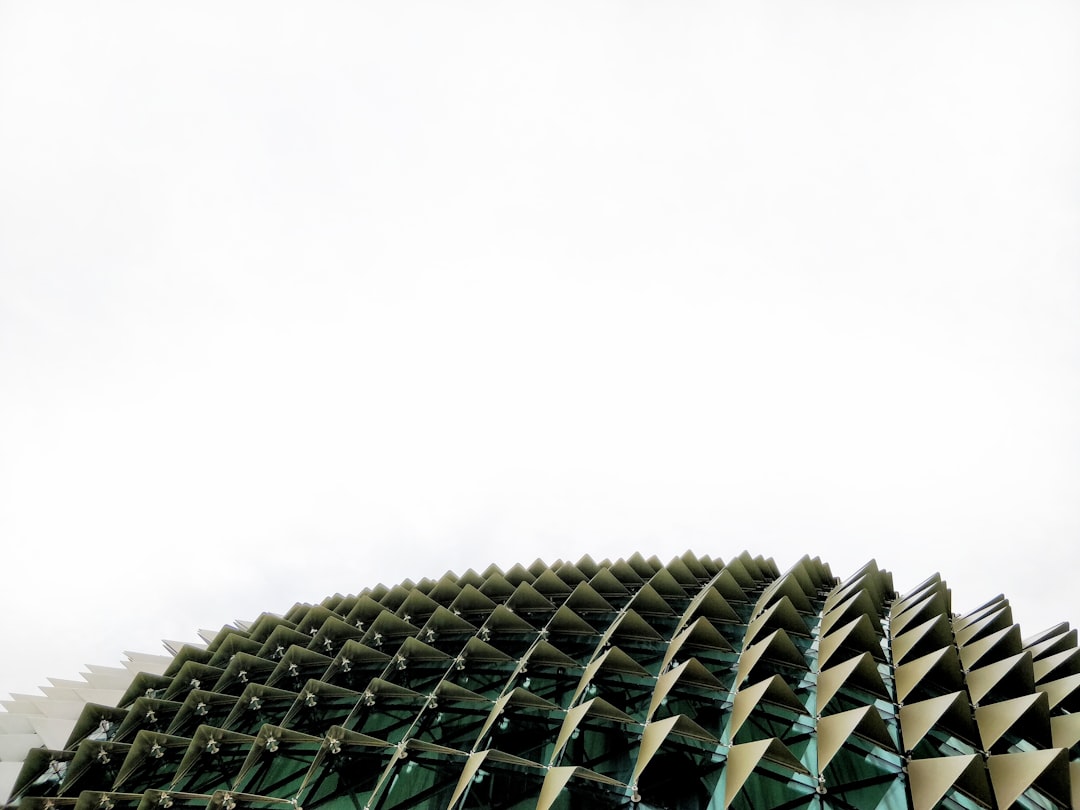What is it about?
This paper examines students learning as they are engaged in long-term (18 month) open-ended research projects in physics that are done at the laboratory in school, and in which the project advisor is a physics teacher not a professional scientist. The study characterizes what the students learned, how they perceived their inquiry and their role in it, the features of mentorship they received and the social-infrastructure in which they and their advisor functioned.
Featured Image
Why is it important?
Research apprenticeships of high school students usually take place at research universities or centers with the high involvement of professional scientists. Can such experiences take place in school? Can teachers lead such inquiries? What do students learn from this experience? What is the nature of authenticity if the apprenticeship take place in the school laboratory and the mentor is the teacher? Is it authentic at all? Who decides?
Read the Original
This page is a summary of: Doing research in school: Physics inquiry in the zone of proximal development, Journal of Research in Science Teaching, April 2016, Wiley,
DOI: 10.1002/tea.21325.
You can read the full text:
Contributors
The following have contributed to this page










